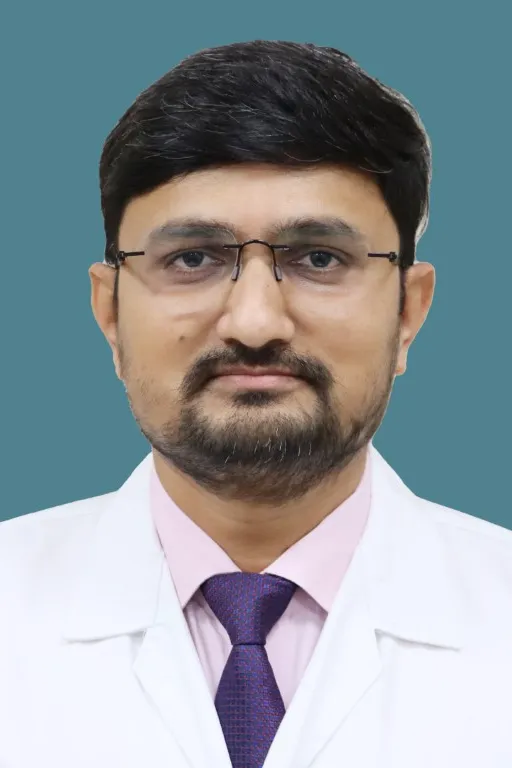Rheumatology
Overview
The Rheumatology Department at Kiran Hospital is dedicated to the diagnosis and management of autoimmune and musculoskeletal disorders that affect joints, muscles, and bones. Our team of experienced rheumatologists provides comprehensive, patient-centered care for complex conditions such as rheumatoid arthritis, lupus, ankylosis spondylitis, gout, and other connective tissue diseases.
Our goal is to reduce pain, improve mobility, and enhance the quality of life through early detection, evidence-based treatment, and long-term disease management.
Infrastructure & Facilities
- Advanced diagnostic support with Autoimmune and Immunology Laboratory
- Digital Radiology (X-Ray, MRI, CT) for musculoskeletal imaging
- Musculoskeletal Ultrasound for guided joint and soft-tissue evaluation
- Infusion Therapy Unit for biologic and immunosuppressive treatments
- Physiotherapy & Rehabilitation Centre for joint mobility and pain management
- Dedicated Patient Counselling & Education Programs for chronic disease management
Services Offered
- Comprehensive evaluation and treatment of all rheumatologic disorders
- Joint aspiration and intra-articular injections under ultrasound guidance
- Biologic therapy for autoimmune diseases
- Management of chronic arthritis and osteoporosis
- Pain and inflammation control using advanced medical protocols
- Lifestyle modification, physiotherapy, and dietary guidance for long-term care


